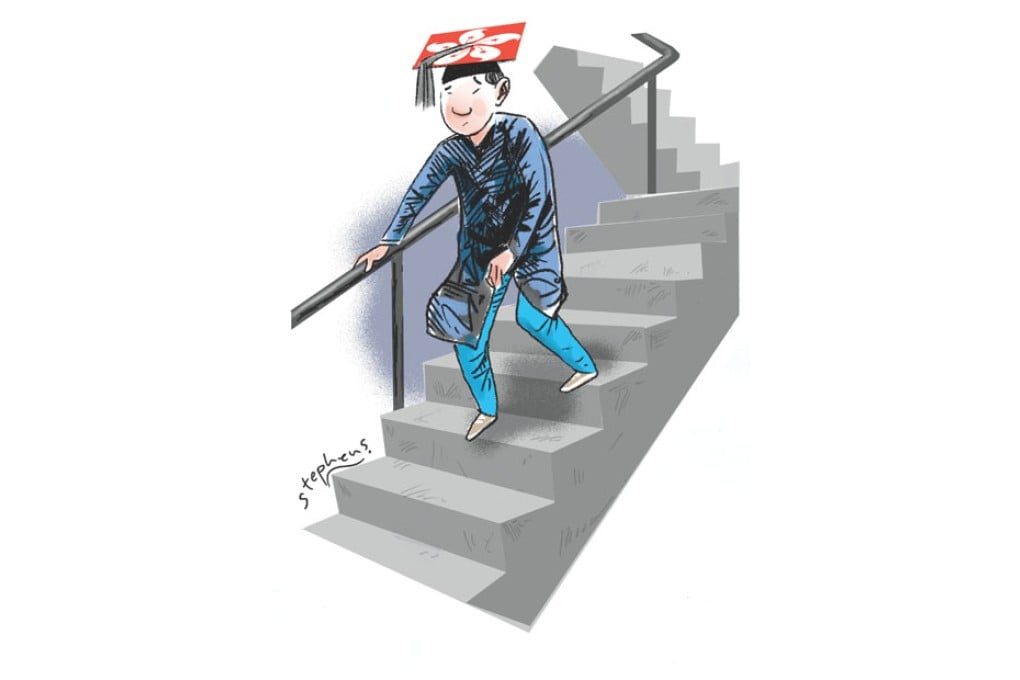Hong Kong must invest in its people or fall behind
Darryl Jarvis says Hong Kong will certainly fall behind mainland and other regional cities if it doesn't quickly shake off its inertia and renew its commitment to invest heavily in education

Is Hong Kong destined to be a second-tier Chinese city? Posing this question 25 or even 15 years ago would have seemed absurd. Hong Kong could rightly boast economic dynamism, regional leadership in commerce, trade and finance, and a strategic position as China's window to the world. In terms of wealth, governance, rule of law, property rights and the quality of its institutions, Hong Kong was second to none.
More importantly, Hong Kong's investment in its future, specifically in education, research and development, and the city's pool of human capital, made it an object of policy emulation in the region and beyond.
However, while Hong Kong still likes to think of itself as a leading global city, the evidence that it can continue to do so for too much longer grows less convincing.
There is no magic formula for securing future competitiveness. But there is one necessary ingredient without which economic growth and prosperity are virtually impossible: education.
This might explain why so many states are accelerating their investments in education in an attempt to secure their future, prepare a workforce ready for economic adaptation, and to train the next generation of change agents - the inventors, innovators and entrepreneurs of tomorrow whose discoveries will shape new markets, products and businesses.
Most policymakers already know this. In Hong Kong, however, policy complacency and a continuing "lost decade" of policy inertia point to a looming decline in the ability of the city to compete regionally and globally.
